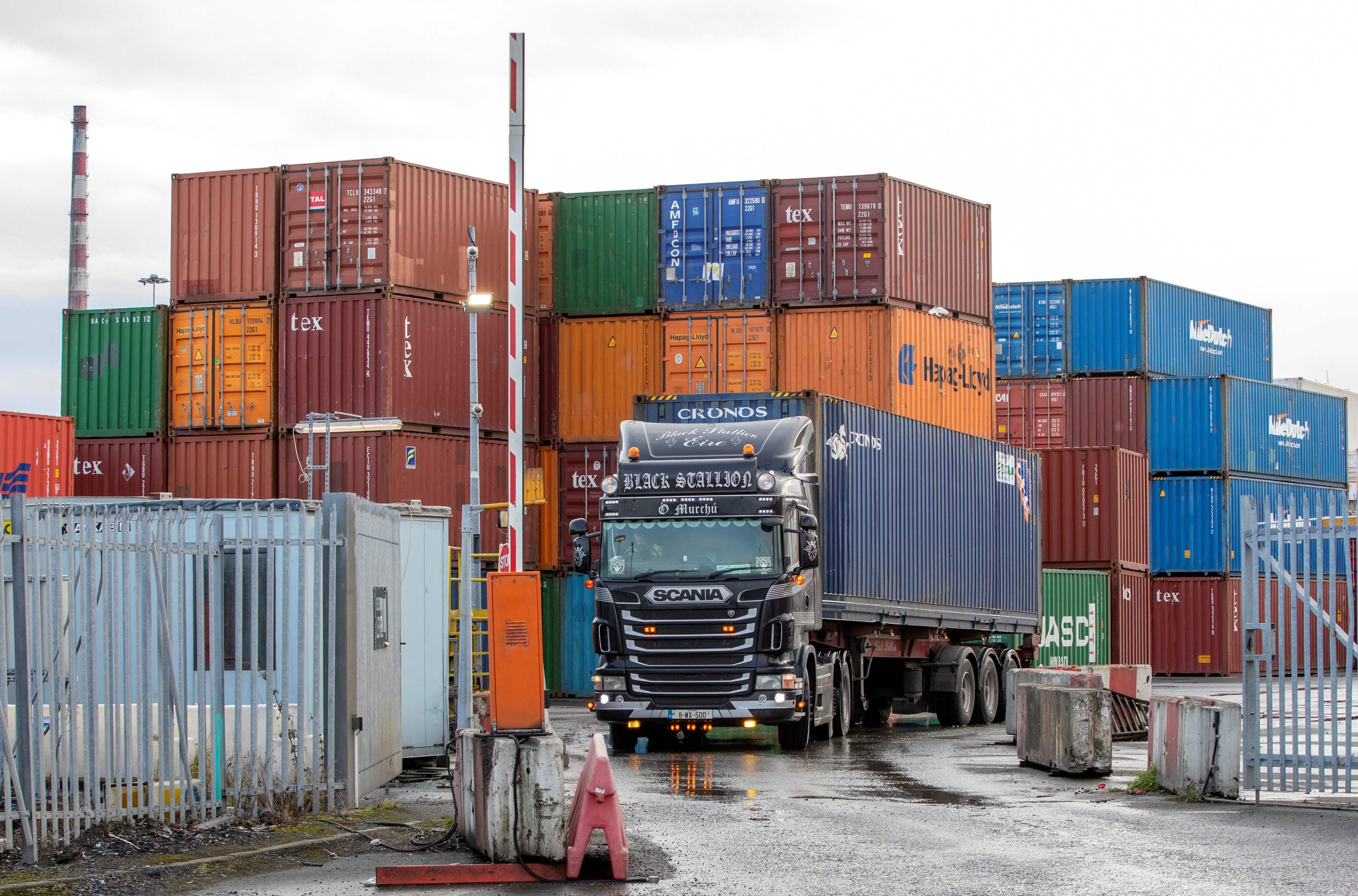The UK still doesn’t have a clear plan for life after the EU – so how do we make Brexit a success?
What Britain urgently needs but acutely lacks is a coherent post-Brexit regulatory strategy, says Anton Spisak. And this is what it should focus on


When Britain negotiated its trade agreement with the EU, it put regulatory sovereignty on a pedestal. It argued that what mattered above all else was the principle of being able to diverge from EU rules, not what that ability would be used for. To suggest that exercising the right to diverge would cost us future access to the EU market and lead to a new barrier in the Irish Sea was to be accused of missing the bigger picture.
Five months after its departure from the single market, there is little more clarity about what Britain should do with its newfound freedoms. True, the government has put forward proposals for the freeports, announced triumphantly as the prize of new autonomy even though they had been possible from within the EU. More recently, at the Queen’s Speech, there have been new announcements for reforms of subsidy rules, procurement and animal welfare standards.
Ask around Whitehall if there is more to the Brexit dividend, and you will hear the mutterings of a return to a “looser”, “common-law based” regulatory philosophy that had once distinguished Britain from the “over-prescriptive” approach of European neighbours. Prompt them further: how will Britain exercise its new regulatory powers when economic interests for businesses dictate voluntarily following EU rules; how constrained are its choices with Northern Ireland bound to many EU regulations; what happens when Edinburgh and Cardiff follow future EU laws but we diverge from them; and how much public appetite there is for shifting to looser regulation? All there is in response is complete silence.
What Britain urgently needs but acutely lacks is a coherent post-Brexit regulatory strategy. As our new paper published today recommends, that strategy should focus on three main objectives: minimise pointless regulatory change whenever it is not in the UK’s interests; diverge from the EU only in areas with meaningful opportunities; and use Brexit as a spur to tackle long-standing challenges facing Britain’s economy.
The first – that the government should avoid pointless changes which carry unnecessary costs or deliver the benefits so miniscule that they distract from genuine priorities – sounds obvious. But the government is reluctant to admit that future EU rules might be in its interest, let alone that it would voluntarily copy-paste into the statute book.
In sectors with a strong legacy of common rules, such as manufacturing, there is no prize in diverging from the EU. Whatever the government chooses to do in these areas, UK businesses, heavily dependent on exports to the single market, will have to comply with future EU regulations. Furthermore, every regulatory change in manufacturing and agri-food sectors pulls Great Britain further away from Northern Ireland. It also exacerbates tensions with the devolved administrations; Scottish ministers have already stated their intention to keep pace with future EU rules when it is within their competence. The right strategy for the government in London is, therefore, to identify areas where divergence from the EU makes no sense and to minimise pointless change proactively.
Instead, the government should focus its efforts on those areas where there are genuine opportunities to do things differently. This may be either because in some areas Britain may have different domestic policy needs, or because our regulators can benefit from greater freedom to experiment and encourage innovation.
In financial services, for example, “non-systemic” and domestically-facing institutions may warrant a different approach than the one-size-fits-all approach favoured by the EU to maintain the level-playing field across the 27 nations. In other areas, where Britain has existing global strengths, domestic regulators might benefit from greater discretion to support the growth of new technological niches in sectors such as bio-medicines and low-carbon technologies.
Lastly, the government should use this opportunity to confront deeper questions about whether Britain’s regulatory model is fit for the future. Is the current type of regulation suited for new digital markets? How can effective regulation help improve nearly two decades of stagnant productivity and low investment? What is the right regulatory environment that supports innovation? And, how does the UK position itself as an independent actor in a global environment in which the EU, US and China fiercely compete for influence by exporting their standards around the world?
Using Brexit as a spur to reflect on these questions in a radical but practical manner is what the government should be doing now. Instead, with no coherent strategy, the ministers are letting divergence loose and pursuing quick political wins that will undermine the competitiveness of UK firms and, over time, the integrity of the Union. Whatever this is, this is no regulatory policy. Nor is it a recipe for making a success out of Brexit.
Anton Spisak is policy lead on trade and productivity for the Tony Blair Institute for Global Change



Join our commenting forum
Join thought-provoking conversations, follow other Independent readers and see their replies
Comments